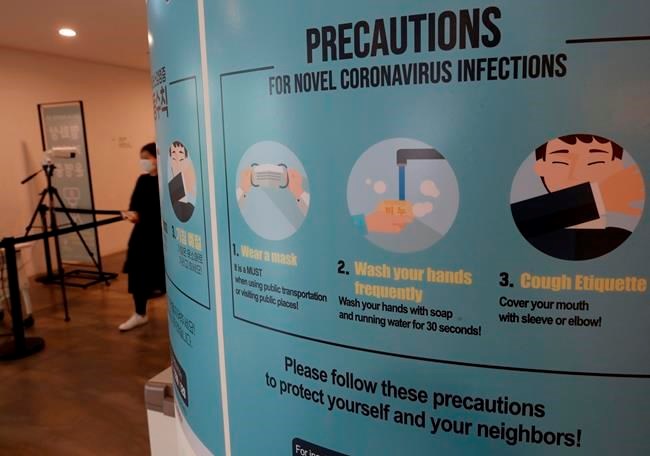BEIJING — Authorities in China’s financial hub of Shanghai have quarantined 186 people and conducted coronavirus tests on more than 8,000 after a freight handler at the city’s main international airport tested positive for the virus.
No additional cases have been found, the city government said on its microblog Tuesday. It remains unclear how the 51-year-old man contracted the virus, which has largely spared the sprawling metropolis despite its dense population and strong international links.
In the northern port city of Tianjin, more than 77,000 people have been tested after a locally transmitted case was reported there on Monday. That case was believed to be linked to a cold storage warehouse, reinforcing suspicions that the virus may be spreading to victims from frozen food packaging.
The National Health Administration on Tuesday reported 21 additional cases brought from overseas, while 426 people remain in treatment for COVID-19, which was first detected in the central Chinese city of Wuhan late last year.
China has reported 4,634 deaths among 86,267 cases of the virus, while 788 people are currently being held in isolation for being suspected case or for testing positive without showing symptoms.
In other developments in the Asia-Pacific region:
— South Korea’s top government
___
Follow AP’s coronavirus pandemic coverage at https://apnews.com/hub/virus-outbreak and https://apnews.com/UnderstandingtheOutbreak
The Associated Press




